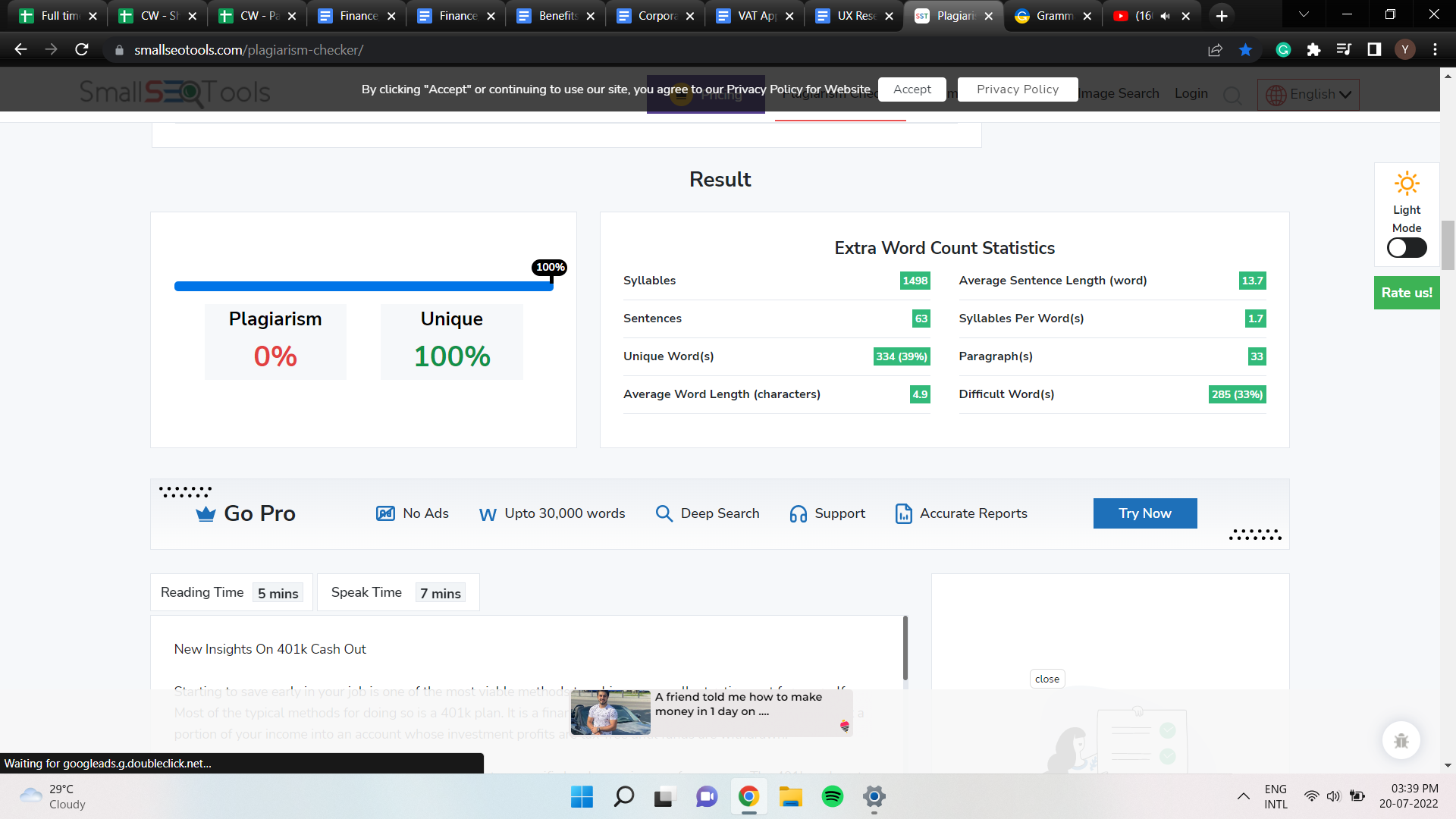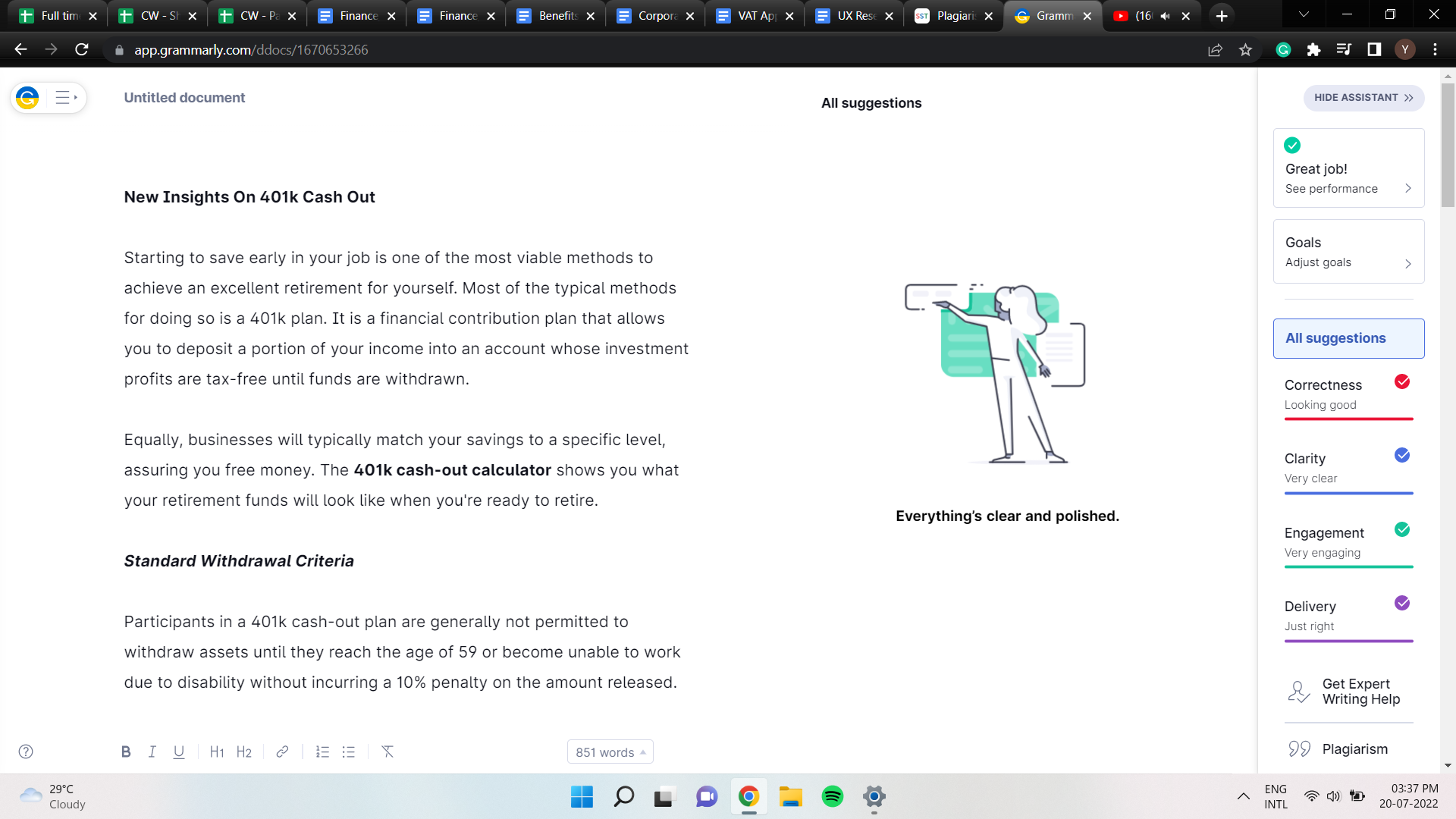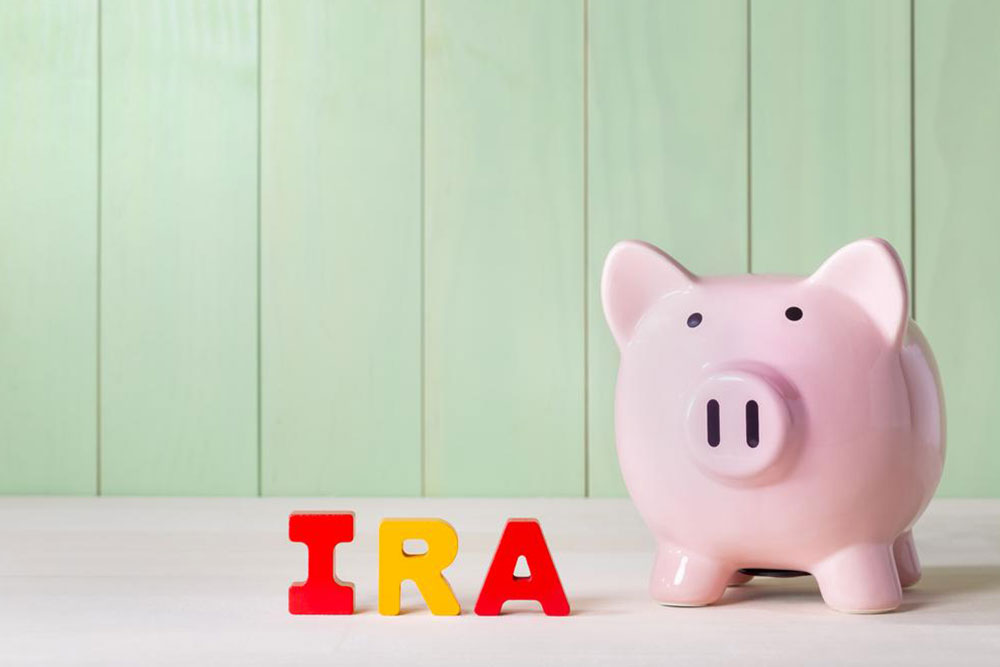Understanding Early 401(k) Withdrawals: Pros, Cons, and Alternative Financing Options
This comprehensive article explores the advantages and disadvantages of early 401(k) withdrawals, shedding light on penalties, tax implications, and safer alternatives like loans and hardship distributions. It aims to help individuals make informed financial decisions that safeguard their long-term retirement plans while addressing urgent financial needs.

Comprehensive Guide to Early 401(k) Withdrawals and Better Lending Alternatives
Rules Governing 401(k) Withdrawals
Typically, withdrawing funds from your 401(k) account before reaching age 59½ may result in significant penalties unless specific exceptions apply. The standard penalty is a 10% early withdrawal fee, which is imposed on top of regular income taxes. These taxes and penalties are designed to discourage premature withdrawal, ensuring individuals do not deplete their retirement savings prematurely. However, there are several exceptions where penalties can be waived, such as cases of permanent disability, substantial medical expenses, or if you are separated from employment after turning 55. Public safety employees or certain qualified government workers may also qualify for penalty-free distributions after retirement or separation from service.
Consequences of Early Withdrawals and Penalties
Accessing your 401(k) funds early can seem appealing in moments of financial urgency, but it comes with substantial drawbacks. The typical penalty of 10% applies to most early withdrawals, and the withdrawal amount is also subject to regular income taxes, which can significantly reduce the net funds received. Hardship withdrawals are an exception allowing individuals facing urgent financial needs—such as medical emergencies, educational expenses, or the purchase of a primary residence—to access their funds without facing the penalty. However, even hardship withdrawals are taxed as ordinary income, and they often reduce your retirement savings base, potentially compromising your long-term financial stability.
Is Early Withdrawal a Good Idea? Weighing Pros and Cons
Deciding whether to withdraw early from your 401(k) involves careful consideration of multiple factors. On the positive side, early withdrawal can offer immediate relief during financial emergencies when other options are unavailable. It can help cover unexpected medical bills, prevent foreclosure, or tide you over during unemployment. Nonetheless, the disadvantages tend to outweigh the benefits in most cases. Early withdrawals diminish your principal, which reduces future growth through compounded earnings. The increase in current tax liability can also impact your short-term financial health. It’s essential to evaluate whether the benefit of obtaining quick cash outweighs the potential long-term costs associated with reducing your retirement nest egg.
Exploring Safer and Smarter Alternatives
If you're facing a pressing financial need, consider alternative options before resorting to early withdrawal. One prominent alternative is taking out a 401(k) loan. These loans typically allow you to borrow up to 50% of your vested balance, with a maximum limit—often around $50,000. The advantage is that the borrowed amount isn’t taxed or penalized as long as it’s repaid within the agreed timeframe, usually five years, through payroll deductions. This method preserves your retirement savings and avoids taxation if repaid properly.
Another option includes hardship distributions, which allow you to access funds without penalties for specific urgent needs. However, these withdrawals are still taxable and can affect your future retirement security. Additionally, for those with Roth IRA accounts, withdrawing contributions (not earnings) can be done penalty-free at any time. Roth earnings may be taxed or restricted unless certain conditions are met, such as reaching age 59½ and having held the account for five years.
Engaging with a financial advisor can provide personalized guidance tailored to your financial situation. Professionals can help evaluate whether early withdrawal or borrowing is suitable, considering your long-term retirement plans. Making informed decisions ensures that your retirement savings remain intact and continue to grow steadily over time.

Understanding the complexities of early 401(k) withdrawals, including the penalties and alternatives, empowers you to make better decisions that align with your long-term financial goals. Whether facing an emergency or contemplating strategic borrowing, evaluate all options carefully and seek professional guidance when needed. This way, you can protect your future retirement savings while addressing pressing financial concerns efficiently and responsibly.





